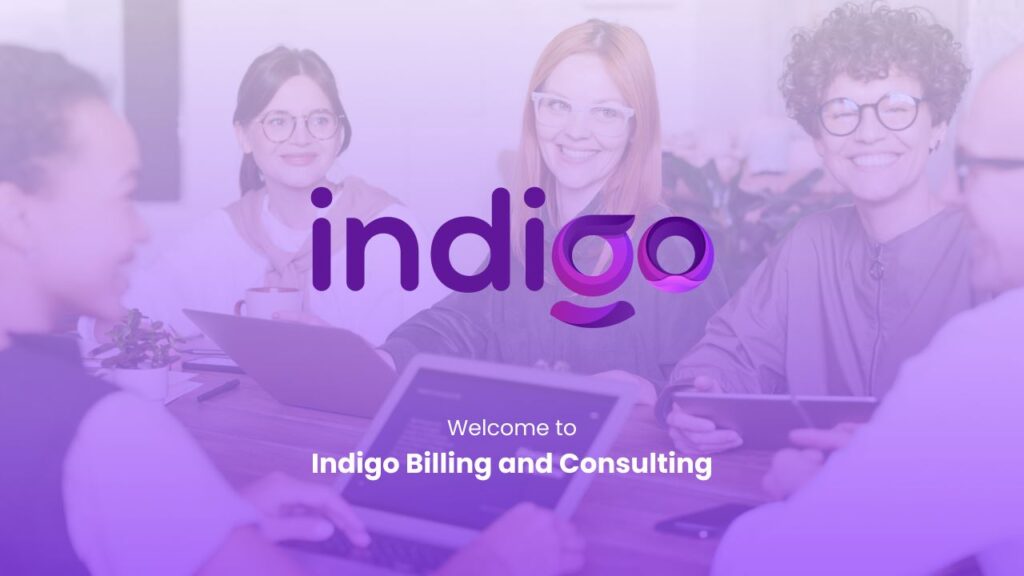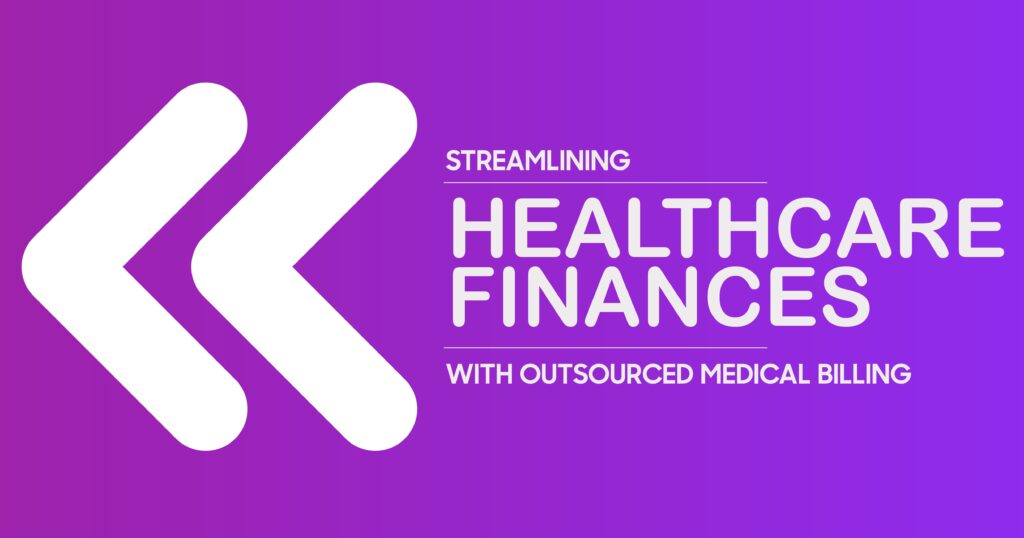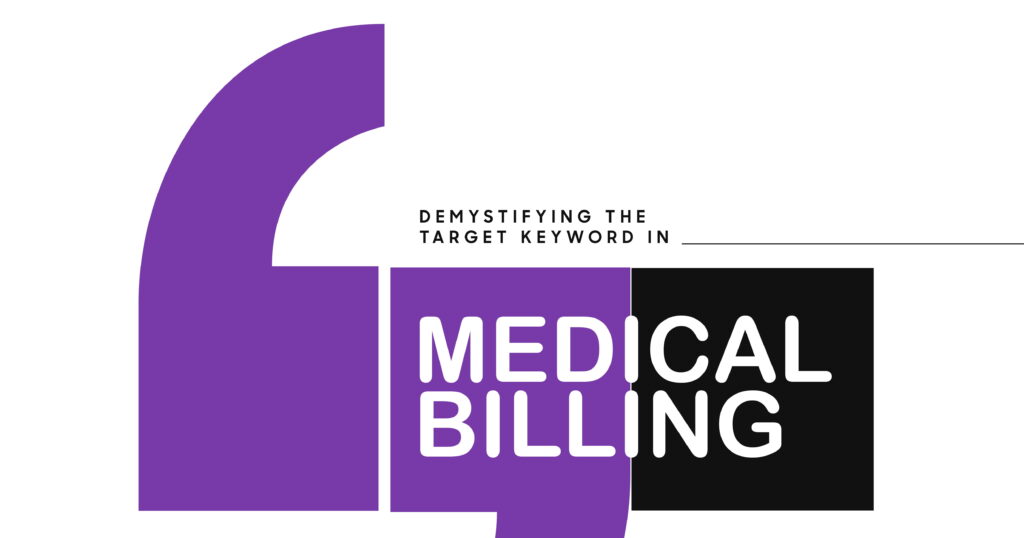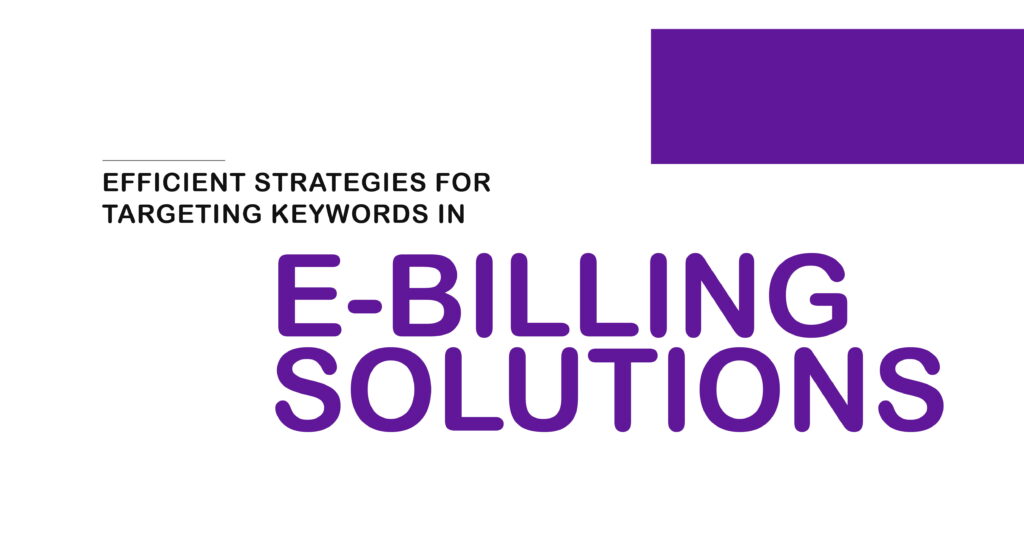Managing the financial side of healthcare is often just as complex as treating patients. From handling insurance claims processing to ensuring accurate medical coding and tracking payments, billing departments face a constant uphill battle. For many practices, the solution lies in choosing to outsource medical billing. By working with a professional medical billing company, healthcare providers can reduce administrative burdens, improve efficiency, and maximize healthcare reimbursement without losing focus on patient care.
This blog explores the challenges of managing billing in-house, the advantages of outsourcing, the criteria for choosing the right partner, the role of technology, and future trends in healthcare billing solutions.
Challenges in Managing In-House Medical Billing
Running billing internally may seem straightforward, but the reality is filled with hurdles. Staffing is one of the primary issues. Many practices struggle to hire and retain trained billing staff who are proficient in medical coding and constantly updated on changing regulations. When an employee leaves, the continuity of the revenue cycle management is at risk.
Another challenge is the constant updates in compliance regulations. With new policies, payer requirements, and evolving standards, it becomes exhausting for small to mid-sized practices to keep up. Errors or delays in insurance claims processing can lead to denied claims, long payment cycles, and reduced healthcare reimbursement.
Additionally, the cost of running an in-house billing department is steep. Between salaries, training, software, and compliance monitoring, the overhead can outweigh the benefits—especially when mistakes or inefficiencies are frequent. Muni Health explicitly addresses direct and indirect costs like training, turnover, software licensing, benefits, and management time. Very good support for the “cost of running an in-house billing department is steep.”
Criteria for Selecting a Medical Billing Outsourcing Partner
Choosing the right medical billing company is not simply about shifting tasks; it’s about building a partnership that can transform financial health. Providers should look for:
| Criteria | Why It Matters |
| Industry Experience | Proven track record with practices of similar size and specialty ensures smoother transition. |
| Compliance Expertise | A strong understanding of HIPAA, CMS, and payer-specific requirements protects patient data and revenue. |
| Technology Integration | Seamless integration with EHR/EMR systems avoids workflow disruptions. |
| Transparency & Reporting | Regular reporting builds trust and allows practices to track performance. |
| Scalability | Ability to adapt as the practice grows or changes specialties. |
Selecting the right partner ensures that outsourcing doesn’t just handle billing, it improves the entire financial ecosystem of a practice.
Common Misconceptions About Outsourcing Medical Billing
Despite its growing popularity, there are still myths surrounding outsourced medical billing. Some providers fear they’ll lose control over their finances. In reality, outsourcing partners provide detailed reports and dashboards that make revenue cycles more transparent than many in-house departments.
Another misconception is that outsourcing is too expensive. In fact, when you factor in the costs of staffing, training, compliance, and errors, outsourcing often proves to be a more cost-effective option.
There’s also the belief that patient satisfaction will decline. On the contrary, outsourcing often improves patient billing services, as professionals manage billing inquiries with accuracy, courtesy, and faster turnaround times.

Impact of Technology on Outsourced Medical Billing
Modern healthcare billing solutions rely heavily on advanced technology to simplify processes. Automation reduces human error in medical coding and claim submission. Artificial intelligence helps flag errors before claims are sent to payers, reducing denials and ensuring faster healthcare reimbursement.
A key advantage is the use of cloud-based platforms, which allow secure, real-time access to billing data without geographic limitations. For instance, the Office of the National Coordinator for Health Information Technology (ONC) provides research on how cloud adoption in healthcare improves interoperability and data management. These advancements not only boost efficiency but also strengthen compliance with HIPAA and other regulations.
Future Trends in Medical Billing Outsourcing
The industry continues to evolve, and several trends are shaping the future of medical billing services.
Increased Adoption of Cloud-Based Solutions
Cloud technology is expected to dominate revenue cycle management. With enhanced security, remote accessibility, and better disaster recovery systems, cloud solutions provide practices with both flexibility and peace of mind.
Evolving Compliance and Policy Standards
Regulatory bodies continue to refine policies around insurance claims processing and patient data. Outsourcing partners are increasingly investing in compliance technology and training to keep pace with these evolving requirements. This ensures practices can avoid penalties while maintaining patient trust.
Key Advantages of Outsourcing Medical Billing
The benefits of outsourcing medical billing are far-reaching and impact both financial and patient care outcomes.
- Improved Cash Flow. Faster claims submission and fewer denials mean more predictable revenue streams.
- Reduced Administrative Burden. Providers can focus on patient care instead of navigating insurance complexities.
- Access to Expertise. Outsourcing ensures access to professionals with specialized knowledge in medical coding, compliance, and payer policies.
- Cost Savings. Eliminates the overhead of full-time staff, software, and training.
- Enhanced Patient Experience. Clearer billing, faster responses, and fewer errors improve overall satisfaction.
By addressing these areas, outsourcing supports the long-term financial stability of healthcare practices.
Indigo Billing: Trusted Partner for Outsourced Medical Billing Solutions
Indigo Billing stands out for its tailored approach to healthcare billing solutions. With a focus on scalability, advanced technology integration, and compliance excellence, Indigo Billing helps practices streamline revenue cycle management while ensuring maximum reimbursement.
Their comprehensive services cover every stage of the billing process, from medical coding and claim submission to denial management and patient billing services. By partnering with Indigo Billing, providers can rest assured that their financial operations are in expert hands.
Ready to simplify your billing process and strengthen your bottom line?
Contact Indigo Billing today to explore how outsourcing can transform your practice.

FAQs
What are the key challenges in managing in-house medical billing, and how can outsourcing address these issues?
The main challenges include staffing shortages, high overhead, and compliance risks. Outsourcing addresses these by providing expert staff, reducing costs, and ensuring up-to-date compliance practices.
How do healthcare billing solutions impact revenue cycle management in medical billing services?
They streamline processes like coding, claim submission, and denial management, which improves cash flow and reduces administrative delays. By optimizing each step of the cycle, practices can achieve greater financial stability and efficiency.
What criteria should be considered when selecting a medical billing company for outsourcing?
Providers should evaluate experience, compliance knowledge, technology integration, transparency, and scalability. A strong partner also offers ongoing support and adaptability to meet the unique needs of each practice.
How does medical coding play a crucial role in insurance claims processing and healthcare reimbursement?
Accurate coding ensures claims are processed correctly, reducing denials and ensuring providers receive timely payments. It also guarantees that documentation reflects the true scope of patient care, protecting both compliance and revenue.
What future trends are expected in medical billing outsourcing, and how will they affect patient billing services?
Trends like cloud adoption and stricter compliance standards will make billing more efficient, transparent, and patient-friendly. As these innovations grow, patients can expect faster responses, clearer statements, and fewer billing errors.











